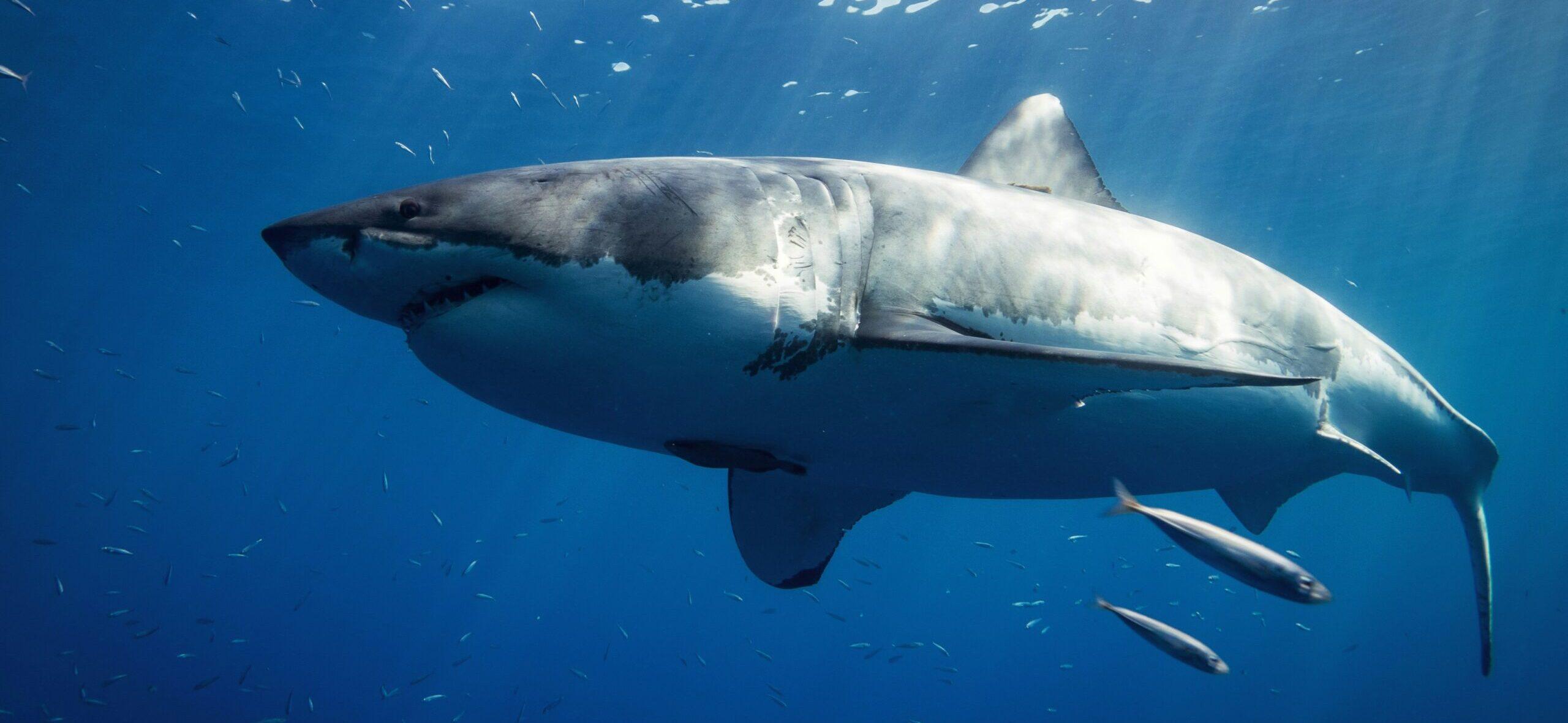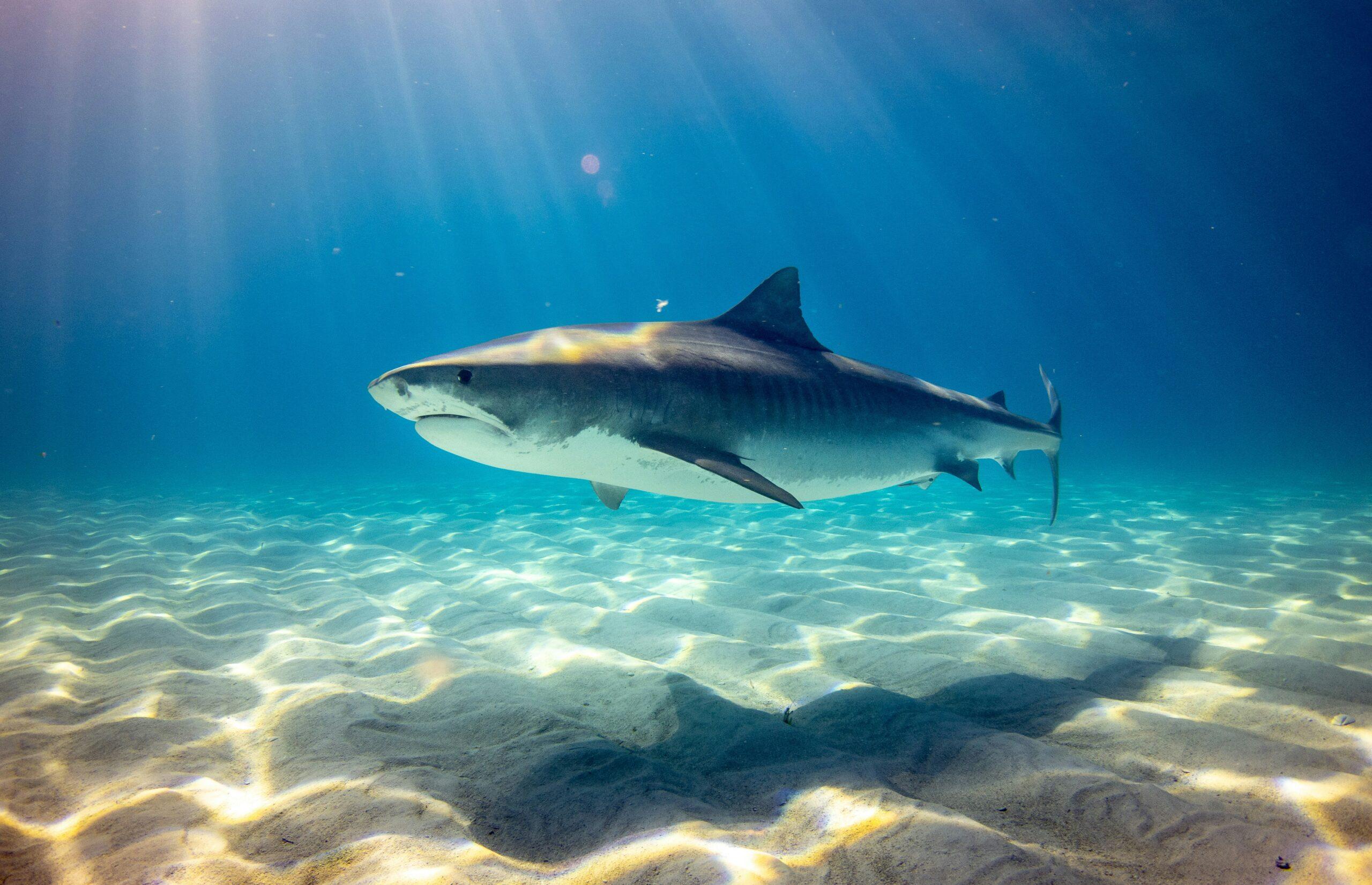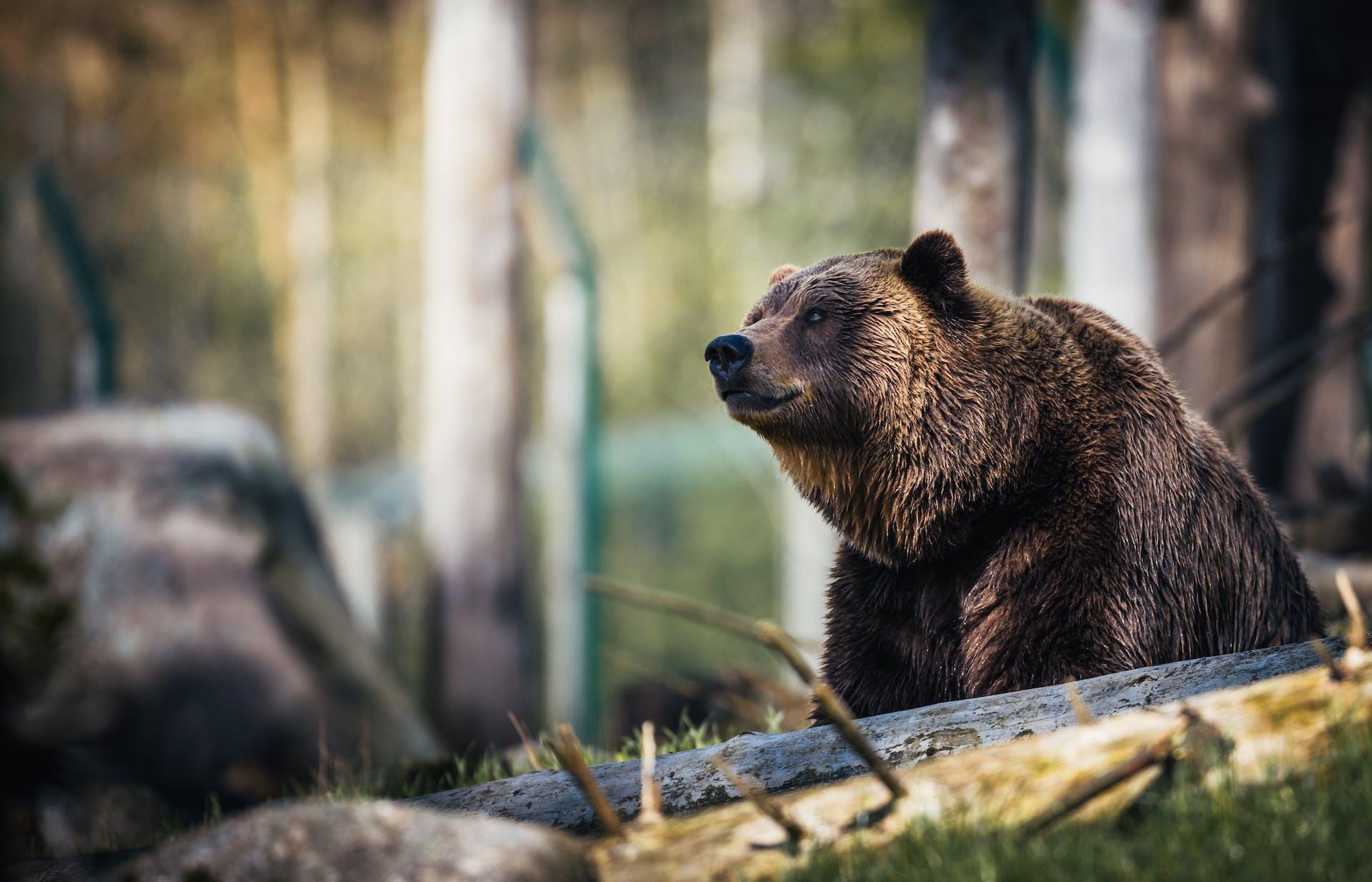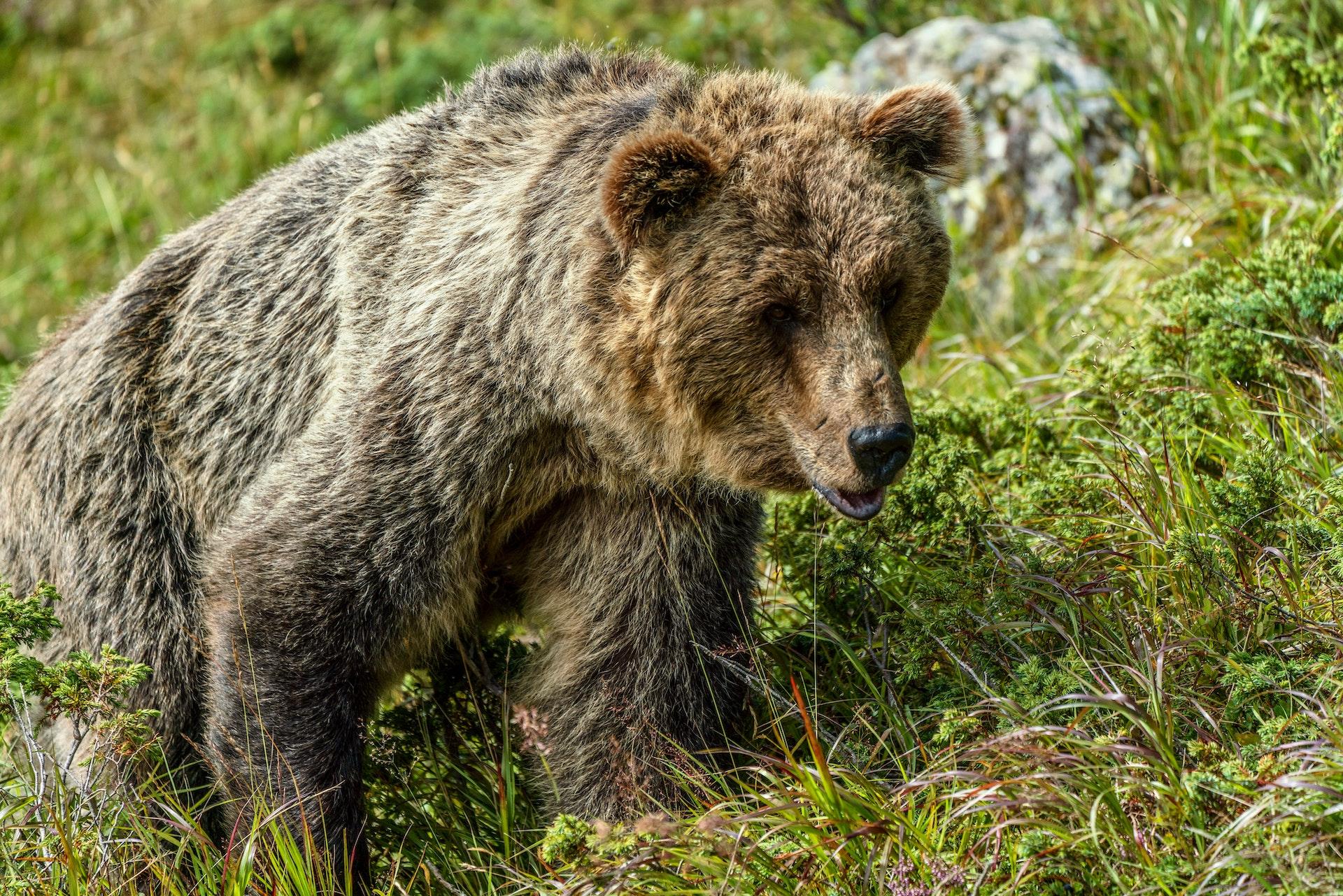13 Sharks Off The Coast Of Brazil Reportedly Test Positive For Illegal Substance
By Afouda Bamidele on July 23, 2024 at 2:45 PM EDT

A year after the horror/comedy film "Cocaine Bear" was released, the waters off the coast of Rio de Janeiro are infected with drugged-up sharks.
The 2023 movie comes to mind as scientists recently discovered that not one but thirteen sharpnose sharks had the illegal substance in their systems.
These shark findings spell trouble for the ecosystem, just as the tragic 1985 smuggling incident caused the cocaine-induced death of a black bear in Georgia.
Scientists Find 13 Sharks Infected With Illicit Drug

The shocking news broke after several research groups published findings from testing 13 sharpnose sharks. They reportedly collected the specimen from fishermen off the coast of Rio de Janeiro, Brazil.
After cutting up the sharks, scientists discovered their livers and muscle tissues were laced with cocaine. In their reports, they stressed that this wasn't an insignificant level of illicit drug but as much as 100 times more than any recorded data in other marine life.
These findings show the sharpnose sharks ingested a large amount of the illicit drug in the waters off the coast of Brazil. However, it is unclear how or if the substance affected the animals' behavior.
Scientists, however, suspect the cocaine-induced sharks were more aggressive while alive. This could have led to them eating or attacking more marine life than usual, a troubling sign for the ecosystem, per TMZ.
Where Did The Drugs Come From?

It is unclear how or where the sharpnose sharks found the cocaine in their system. However, the report sparked several theories about the incident, from illegal drug labs to smugglers losing their cargo at sea.
In any case, this could be another failed smuggling attempt like the infamous 1985 incident that inspired the "Cocaine Bear" movie. Unlike the film, where the drugged-up animal goes on a murderous rampage, the real bear dies.
According to a 2023 report by BearWise, a black bear died in the Georgia woods from a cocaine overdose in the fall of 1985 at the Chattahoochee-Oconee National Forest.
The incident was caused by drug smuggler and former Kentucky narcotics officer Andrew Carter Thornton II.
Inside The Viral Cocaine Bear Incident

Thornton II was discovered in a driveway in Knoxville, Tennessee, shortly after he parachuted out of his overloaded Cessna. Investigators speculated that he either opened his parachute too late or the extra weight of the cocaine duffle bags influenced his fall.
The one clear thing was that he died on impact after free-falling from thousands of feet. Unfortunately, the cocaine he carried across three duffel bags fell in the Chattahoochee-Oconee National Forest, where a presumed hungry black bear found it.
The three or four-year-old 175-pound male bear was likely searching for food to eat before its winter hibernation, and it mistook the cocaine scent for food. This error was sparked by the drug being cut with flour or baking soda to serve as antifreeze.
The Bear's Body Was Discovered A Month After The Smuggler

Investigators did not discover the poor bear until October 1985, a month after finding Thornton II's body. They were searching for the missing cocaine when they stumbled across the empty duffel bags and about 40 strewn packets on the ground.
The medical examiner at the time, Kenneth Alonso, deduced the bear probably lived for 30 to 45 minutes before succumbing to acute cocaine intoxication. He stressed that the animal's stomach was packed with cocaine.
The black bear had suffered from severe symptoms before its death, including cerebral hemorrhaging, respiratory failure, hyperthermia, renal failure, heart failure, and stroke.
Dogs May Live Longer Thanks To Miracle Drug

While smugglers appear to be a problem for the ecosystem, researchers, on the other hand, are working on improving dog health. Last November, The Blast reported that man's best friend could live longer thanks to Loyal, a biotech firm.
The organization revealed its approval application for LOY-001, an anti-aging drug, successfully scaled through the initial stages required by the Food and Drug Administration [FDA] Center for Veterinary Medicine.
A dog's lifespan typically ranges from ten to thirteen years, with certain breeds, particularly larger ones, having an even shorter life expectancy. With this in mind, Loyal's CEO, Celine Haliou, noted their goal was to improve canines' lifespans.
"Loyal was founded with the ambitious goal of developing the first drugs to extend healthy lifespan in dogs," she said in a statement, claiming the firm would continue to get the FDA's approval for their drugs.
After a cocaine-induced bear death to drugged-up sharks, the world can use more research firms like Loyal that benefit animals and the ecosystem.